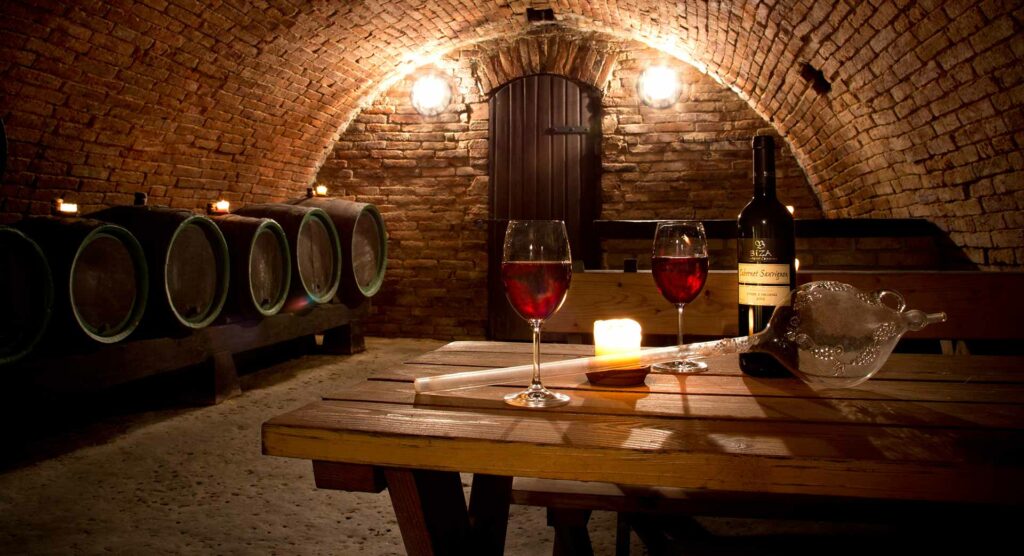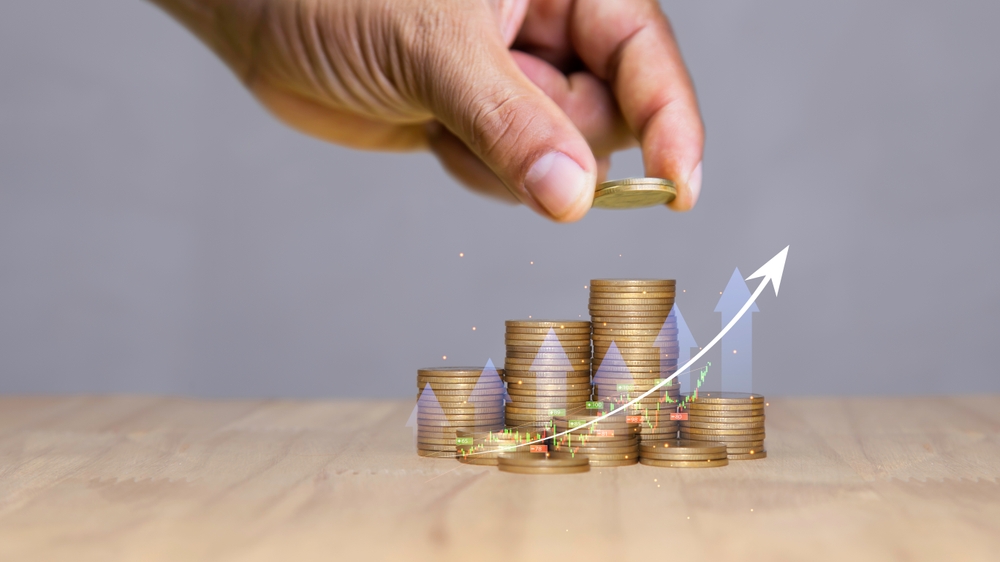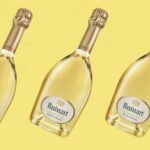Investing in wine is attracting more and more savers in search of diversification. Between passion and profitability, this investment stands out for its tangible and cultural dimension. But can wine really be a safe haven in times of economic uncertainty?
Why invest in wine today?
The market for grands crus continues to grow. Many collectors buy wines for ageing, only to resell them at a higher added value. At the same time, the rarity of certain vintages makes them even more attractive to informed investors. Unlike shares, a bottle of wine does not lose all its value in a single day. It ages, improves and, in the right conditions, can become highly sought-after. This explains why wine investment is becoming increasingly attractive.
Ageing wine: an asset that increases in value over time

A good vin de garde can be kept for twenty years or more. During this time, it evolves in complexity and depth. This transformation makes it an asset for buyers seeking both pleasure and profitability. Vintage Bordeaux, Burgundy and Champagne dominate this market. Their worldwide reputation and consistency make them a reliable choice for heritage cellars. Certain Rhone or Tuscan wines may also be suitable if they have a high ageing capacity.
Building a heritage cellar: the basics
A heritage cellar must be built with care. It doesn't just consist of great names. You need to diversify according to region, vintage and ageing potential. Conservation plays a central role. A stable temperature, between 12 and 14°C, with controlled hygrometry, guarantees good ageing. A poorly stored wine loses its value, even if it comes from a renowned estate. Perfect traceability is also essential: bottle origin, purchase invoices, transport conditions - everything must be documented.
Expected returns on a wine investment
Investing in wine can generate returns of between 4% and 10% a year, depending on the bottle and the market cycle. In some years, spectacular increases can be observed on highly sought-after vintages. Taxation remains advantageous. In France, capital gains are exempt if the sale involves a bottle worth less than €5,000. Beyond that, a flat-rate tax of 6.5% applies, with no need to declare the exact capital gain.
Wine investment risks
Like all investments, long-keeping wines carry risks. The market depends on international demand, particularly in Asia. An economic crisis or a drop in interest in high-end wines can impact prices. There are also physical risks: theft, breakage, poor preservation. A good insurance policy is therefore recommended for a large heritage cellar. As there is no guaranteed return, this is a long-term investment.
Should I use a specialized management company?
Many platforms offer turnkey wine investments. They buy, store and resell bottles on your behalf. This service is ideal for novices or those who don't have their own wine cellar. But beware of management fees. They can reduce overall profitability. It's best to choose recognized companies that are transparent about their purchases and certified by experts.
Which wines to buy for a heritage cellar?
The most sought-after ageing wines are still Bordeaux classics (Lafite, Margaux, Latour), great Burgundies (Domaine de la Romanée-Conti, Rousseau), or vintage champagnes (Cristal, Dom Pérignon). However, a number of heritage wines are emerging in the Rhône, the Loire and abroad. Estates such as Clos Rougeard, Vega Sicilia and Screaming Eagle are selling very well. The key is to carefully analyze the wine's ageing potential, its reputation and rarity.
Wine as a refuge in times of crisis

Wine, unlike money, has intrinsic value. It can be consumed, traded or sold. Its evolution in the bottle guarantees a form of value preservation. In times of inflation or devaluation, it often retains its appeal. This makes wine a safe haven comparable to gold or art. A well-constructed heritage cellar protects against economic vagaries, while offering an emotional and festive dimension.
Making wine part of a diversification strategy
Investors should never invest their entire savings in wine. But including a share of long-keeping wines in an overall portfolio can reduce volatility. By combining traditional financial investments with wine, an interesting balance is achieved. It diversifies sources of return and spreads risk. In this way, wine becomes a strategic tool as much as a passionate one.
Training for better wine investments
Before buying your first bottles, it's a good idea to get some training. Books, online training courses and oenology courses can help you choose wines to keep. Understanding market cycles, price dynamics and vintage-by-vintage effects will help you optimize your wine investment. This education avoids beginner's mistakes and improves long-term profitability.
If you enjoyed this article, please read the following one "Which wines are best suited to dishes with Alba white truffles?"which may also be of interest to you!





